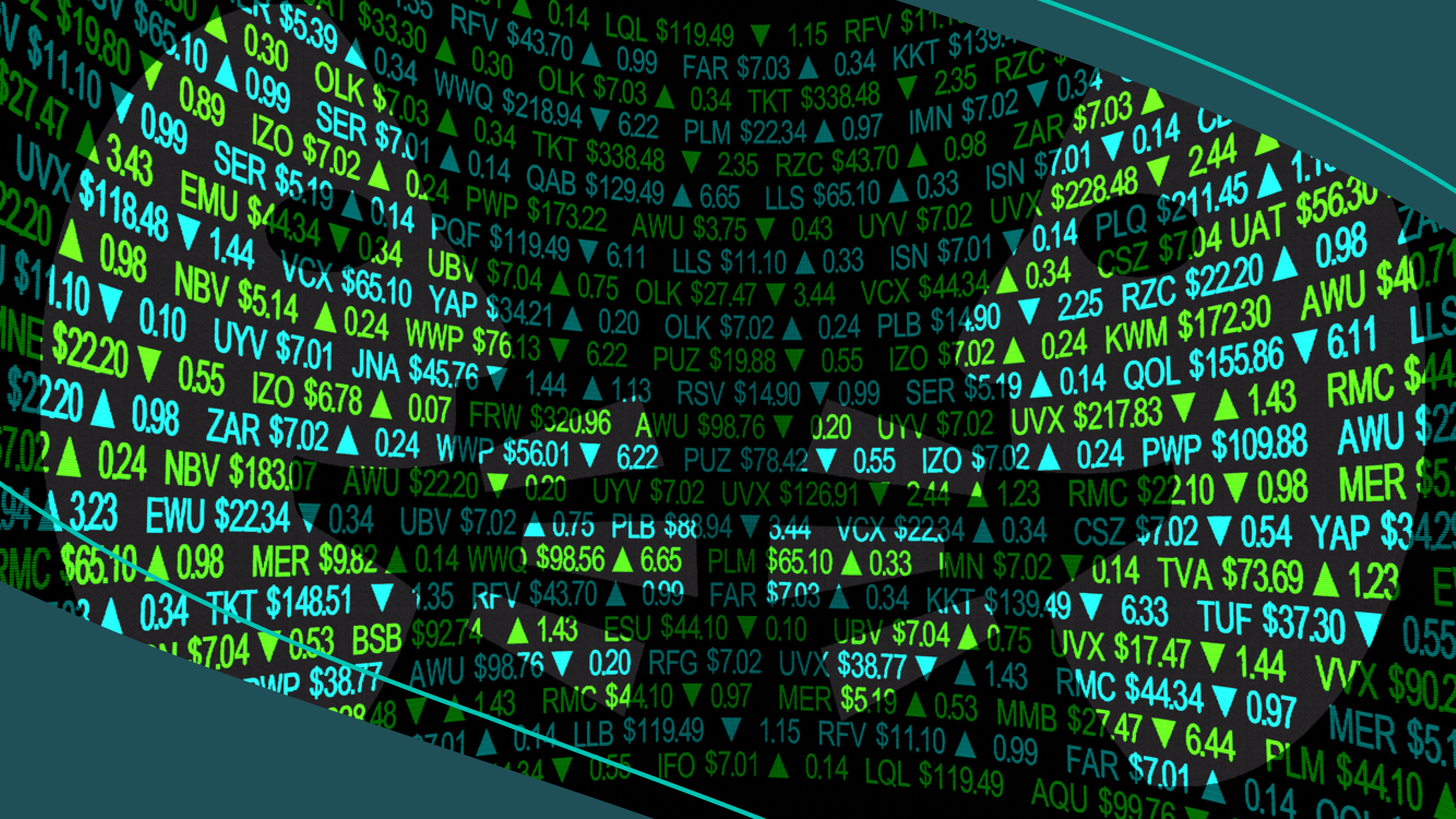There’s a difference between knowing what’s going on in the stock market and knowing too much about what’s going on in the stock market. No, we’re not talking about your friend who’s always filling you in on the latest Nasdaq news. We’re talking about insider trading.
What is insider trading?
Insider trading is the buying or selling of a company’s securities (like a stock) with access to confidential, non-public information about the company. Typically, it involves government officials (think: senators), CEOs, or employees of companies who know information about a company that could affect its stock price. But it can also involve friends and family members of those people, especially if they’ve gotten a tip about this information from them.
Insider trading, in general, is illegal. But the penalties can vary, from jail time to fines.There is, however, one condition where it’s legal: When it’s done within a certain time frame and reported to the Securities and Exchange Commission (or SEC). If, for example, an executive at a company sells shares of their company but discloses it to the SEC, it could be legal insider trading.
What does insider trading mean for me?
Insider trading can affect more than just the people who do it. It can impact stock prices and the overall market, too. Because if the public loses faith in markets, there aren’t any investors. And regulating insider trading is a crucial way to keep investors safe. Here are two main reasons why regulating insider trading is beneficial to the markets:
It puts all investors on a level playing field. Because everyone should have an equal chance in the markets. And that can help produce more confidence in the financial system overall.
Preventing insider trading helps make it easier for companies to raise capital. When people feel confident in the markets, they’re more willing to invest their hard-earned money.
What’s being done about insider trading?
The SEC is in charge of regulating insider trading and keeps an eye out for trades that may meet the criteria. It’s been around since 1934, but was strengthened in 1988 to really crack down during an increase in high-value cases.
Since then, Congress has kept an eye on insider trading. Specifically when it comes to lawmakers. Several bills have been introduced this year to ban them from buying or selling individual stocks. But none have made it to law. Yet.
Other gov officials have already faced tightening rules around insider trading. Two Federal Reserve bank branch presidents stepped down after reports of their active trading during 2020, while the central bank was setting policy to help the markets through the pandemic. And Fed officials are now banned from buying sector funds, anything on margin, crypto or making short sales. They also can’t own commodities or foreign currencies.
theSkimm
Making a trade based on information that isn’t publicly available could constitute insider trading. And there are more rules in the works to prevent it. Because in the markets, everyone should be on an even playing field.
Subscribe to Skimm Money
Your source for the biggest financial headlines and trends, and how they affect your wallet.






